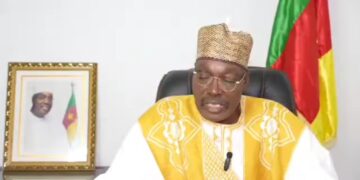![]()
Former military head of state, Ibrahim Babangida, has expressed regret over the annulment of the June 12, 1993 presidential election, describing it as the most difficult period of his life.
Speaking at the official launch of his memoir, A Journey in Service, in Abuja, Babangida admitted that if given another opportunity, he would have handled the situation differently.
He said, “As the leader of the military administration, I accept full responsibility for all mistakes, oversights, and decisions taken under my watch.”
The annulment of the June 12 election, widely regarded as the most credible in Nigeria’s history, remains one of the most controversial events in the country’s political history.
The election was believed to have been won by Moshood Abiola, but Babangida’s regime nullified the results, triggering widespread protests and political instability.
The book launch event was attended by past and present leaders who reflected on Babangida’s legacy and the state of democracy in Nigeria and West Africa.
Discussions also touched on the resurgence of military coups in the region and lessons from Nigeria’s democratic struggles.
President Bola Ahmed Tinubu, speaking at the event, urged African leaders to focus on developing the continent instead of relying on foreign aid.
He stated, “Leaders must wake up and take responsibility for the progress of Africa. Over-dependence on external support has held us back for too long.”
Babangida’s memoir provides insights into key moments in Nigeria’s history, addressing other national controversies such as the 1976 coup attempt that led to the assassination of then-Head of State, Murtala Muhammed, and the 1986 letter bomb that killed investigative journalist, Dele Giwa.

























